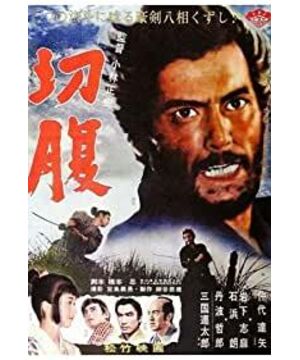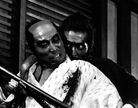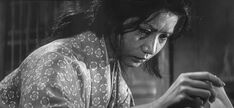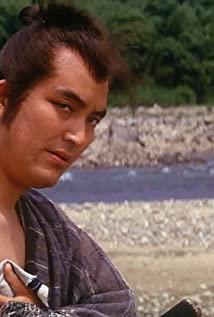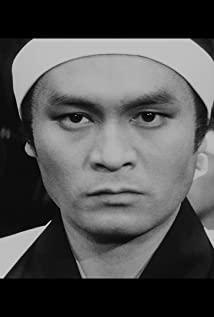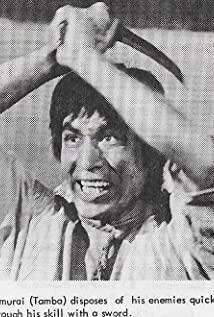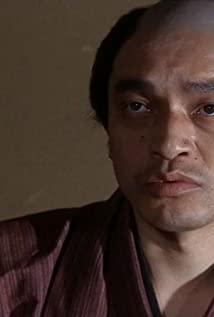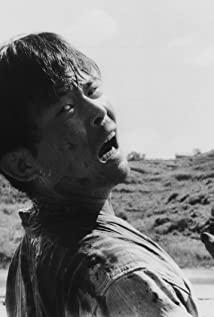The film deliberately downplays the aesthetic and musical structure, allowing the audience to pay more attention to the helplessness and desolation of individual fate under the rules of hypocrisy.
Suicide played an important ritual role in the samurai class in ancient Japan and was considered an important part of the Bushido ethos. Incision is often used as punishment, but it is also often voluntary. It can be said that this is both a matter of personal honor for a samurai and a tool to maintain the daimyo's rule. The film forces the audience to confront this traditional cruelty and question its morality. Tsugumo Hanshiro questioned both Bushido itself and the authenticity of the samurai creed. Bushido, he asserted, was a facade, not a symbol of discipline. Whether these claims are correct is a question that the film leaves the audience to decide. The destruction of warm families and the mutilation of human nature by icy social laws; each scene provides further evidence as the story progresses. The combination of ethereal honor and chaotic reality has led to the tragedy of the times.
Until the very last scene, Ronin brilliantly exposes the so-called sacred mantle. Jinyun Hanshiro took two actions to break the self-righteousness of the old family. The first occurs in the last moments of his narration, where he reverses the traditional relationship between samurai and honor, turning the bamboo sword that used to symbolize Shizuo's quest for a daughter into a symbol of loyalty and love to his wife and children. The second time was after Yujie-san dismissed the story of Tsuyun Hanshiro, the so-called order has been proved to be a filthy bondage of inhumanity, and the ancestral armor of the Ii clan was desecrated in the final battle. And the circumstances that lead the clan to resort to firearms to defeat the protagonist, involuntarily undermine the tradition of Bushido.
The victorious Yujia Lao covered up the tragedy of the Ronin and the shame of the clan with his understatement. The princes and nobles continued to wear arty clothes, misinterpreting morality and benevolence. Sadly, the trail of the wheels of history doesn't always give a definitive answer.
View more about Hara-Kiri reviews


